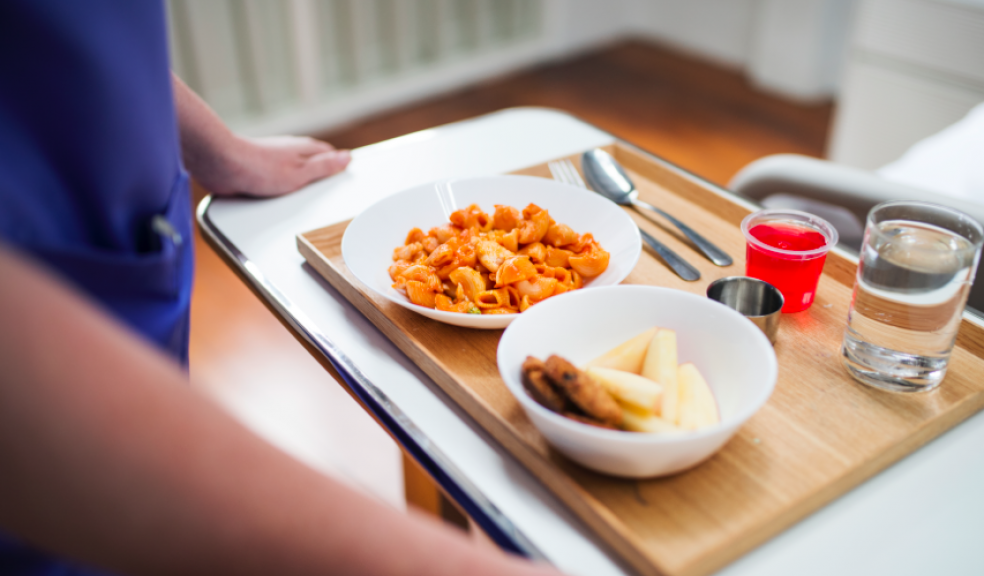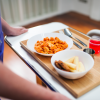
Medicine student volunteers help hospital weather storm
Exeter’s Medicine students stepped up to volunteer in a wide range of support roles to help staff at the Royal Devon & Exeter Hospital to continue delivering high quality patient care over the severe weather period.
The RD&E NHS Foundation Trust has thanked Medicine students for their response to an urgent appeal for staff to work after snow and ice, which meant the hospital was extremely busy at a time when many staff were unable to reach work. Among those to answer the call were up to 40 Medicine students in years 3- 5 at the University of Exeter Medical School.
The students took on whatever roles were required of them to free up experienced staff to care for patients. Tasks included feeding, portering, taking bloods, administrative work, coordinating transport hubs, getting patients fit for discharge and turning patients in their beds.
The students were part of a volunteer effort that meant the RD&E could deliver its high standard of care over the critical incident period and throughout the weekend.
Professor Jean McEwan, Deputy Vice-Chancellor for Education at the University of Exeter Medical School, said: “I am so proud of our students – they volunteered enthusiastically for whatever tasks were asked of them, allowing core staff to continue delivering high quality care and maintaining patient safety. They approached the tasks with professionalism and good humour, and matter how small the job they were doing, it contributed to the Trust remaining effective overall. I can’t thank them enough.”
Suzanne Tracey, Chief Executive of the Royal Devon and Exeter NHS Foundation Trust, said: “We’d like to say a massive thank you to all the amazing medical students who volunteered to help the RD&E during this unprecedented event. The support provided by dozens of medical students across the hospital was invaluable in helping to support our services and enabled us to continue to provide safe patient care during very challenging times. We were overwhelmed by their brilliant and dedicated efforts to keeping our patients safe.”
Year 4 Medicine student Jack Cunningham was among those to volunteer, which involved taking patient observations, helping with moving and cleaning patients, collecting equipment and medications and rewriting drug charts. He said the experience was “fantastic”.
“It was a very engaging day, and I feel I got as much out of it as I hope I provided. I feel my medical education benefited from seeing the ward through the eyes of a healthcare assistant. I felt I understood the pressures on the staff better, and it was great to become a part of the team, if only for an afternoon! At times it was tough adapting my approach to be more practical, but I feel I rose to the challenge.”
The Trust is likely to remain busy as admissions climb, even if staffing levels are better. The students will continue to contribute in a number of ways over the coming days.
As well as being highly valuable to the RD&E, the volunteering is providing students with experience of how hospitals deal with critical times like these. Professor Clive Ballard, Dean and Pro-Vice-Chancellor of the /university of Exeter Medical School, said: “Our Medicine programme has national recognition for the emphasis it places on professionalism. These students clearly demonstrated that throughout, coping extremely well with some of the challenges they’ll have to face in a lifetime of medical practise.”

















